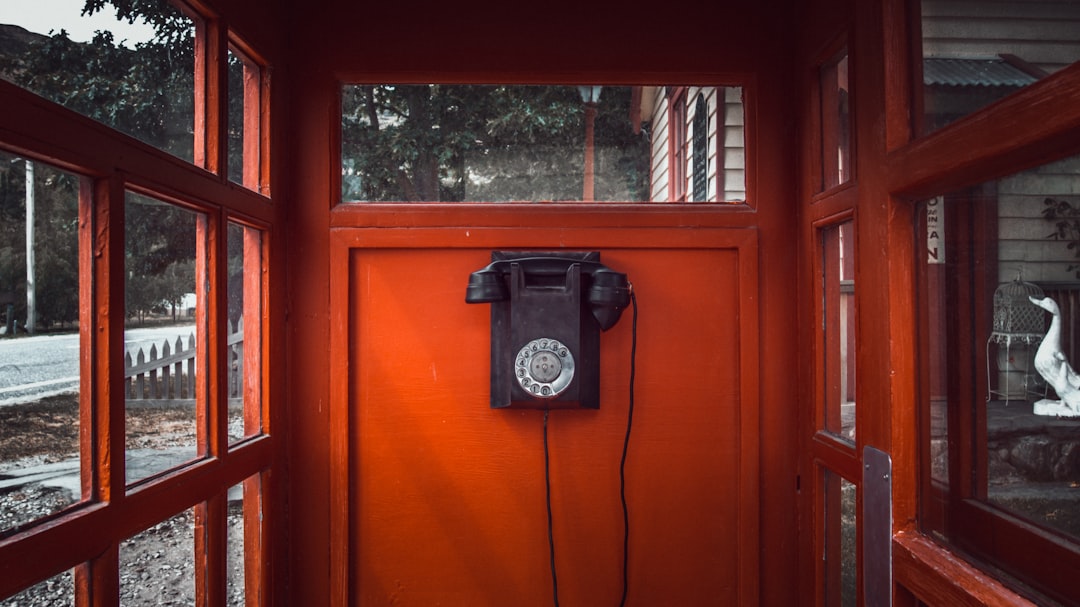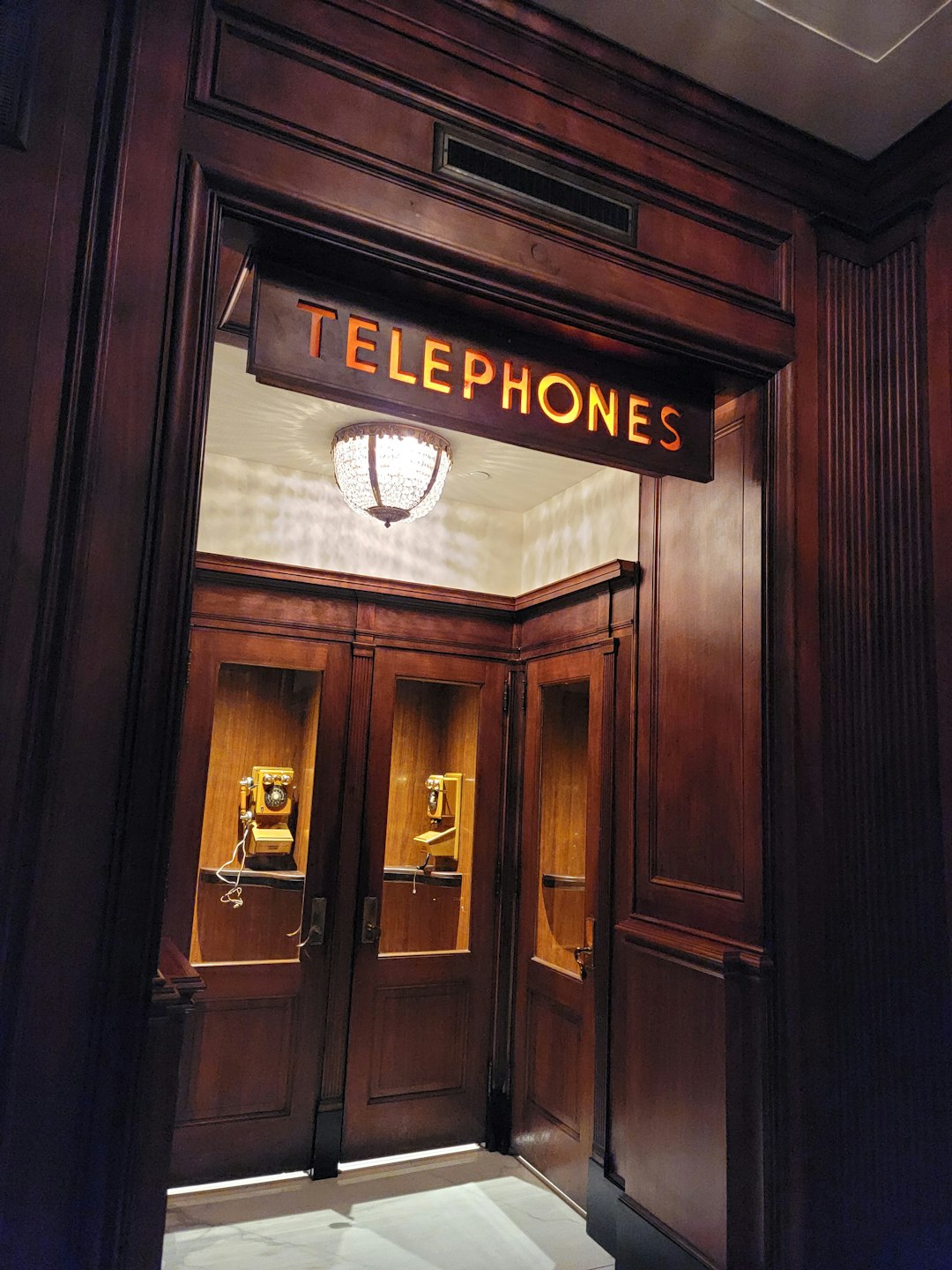Massachusetts has stringent Spam Call law firm regulations to curb intrusive telemarketing, prioritizing residents' peace of mind. The law restricts calls between 9 pm and 8 am, mandates a 31-day pause between calls to the same individual, and empowers citizens to opt out. These measures significantly reduce unwanted calls, with strict penalties for violators up to $10,000 per day. To comply, call centers should follow specific call timing restrictions, utilize automated tracking systems, train staff on regulations, and implement robust opt-out mechanisms.
In Massachusetts, a strict Spam Call Law protects residents from intrusive telemarketing practices. This comprehensive guide delves into the state’s regulations regarding restricted telemarketing hours, ensuring businesses adhere to ethical calling practices. We’ll outline key takeaways, target audiences, penalties for non-compliance, and best practices to help law firms and businesses navigate these rules effectively. Understanding and respecting these guidelines is crucial for maintaining customer relationships while adhering to Massachusetts’ Spam Call Law.
Understanding Massachusetts' Spam Call Law

Massachusetts has stringent regulations in place to combat unwanted telemarketing calls, often referred to as spam calls. The state’s Spam Call Law aims to protect residents from intrusive and nuisance calls, ensuring they can enjoy peace of mind when it comes to their personal phone lines. This law sets clear restrictions on the timing and frequency of telemarketing activities.
Under Massachusetts regulations, businesses are prohibited from making telemarketing calls to residents between the hours of 9:00 p.m. and 8:00 a.m. local time. Additionally, there must be a pause of at least 31 days between calls made to the same person, allowing individuals to opt-out and avoid further contact from telemarketers. These measures empower Massachusetts residents to control their phone experiences and reduce the volume of unwanted calls they receive.
Restricted Telemarketing Hours: Key Takeaways

In Massachusetts, the fight against spam calls has led to specific regulations regarding telemarketing hours. Key takeaways from these restrictions include: businesses must adhere to strict time frames for making outbound sales calls, typically limiting them to between 8 a.m. and 9 p.m., Monday through Friday. This regulation aims to protect residents from unsolicited calls at inconvenient times, ensuring peace of mind during personal and professional off-hours.
Additionally, there are provisions for call recipients to opt-out of future contact, which must be honored by telemarketers. This right to privacy is a significant aspect of the Spam Call law firm Massachusetts has implemented, giving residents control over their communication preferences. These measures not only promote a respectful and lawful telemarketing environment but also empower citizens to manage their exposure to unwanted calls effectively.
Who Does the Law Apply To?

The Spam Call law firm in Massachusetts is designed to protect residents from unwanted telemarketing calls, ensuring a more peaceful and responsive environment. This regulation primarily applies to businesses and individuals engaged in commercial telemarketing activities within the state. It covers a wide range of calls, including those promoting goods, services, or investments, and restricts when and how these calls can be made.
The law is particularly relevant for call centers and sales teams operating under Massachusetts jurisdiction. Businesses must adhere to strict guidelines regarding call timing, with restrictions on making calls before 8:00 a.m. or after 9:00 p.m., Monday through Friday, and further limitations during weekends and holidays. This measure aims to prevent harassing or intrusive marketing practices, giving recipients a sense of control over their communication preferences.
Penalties and Enforcement

In Massachusetts, violators of telemarketing restrictions face significant penalties, including fines up to $10,000 per day for each violation. The state’s strict regulations are designed to protect consumers from unwanted and disruptive calls, often referred to as spam calls. These laws are enforced by the Attorney General’s Office, which actively investigates complaints and takes legal action against companies or individuals found in breach.
If a spam call law firm in Massachusetts identifies a pattern of illegal telemarketing activities, they can issue cease-and-desist letters, requiring the offenders to stop immediately. Non-compliance can lead to civil lawsuits, where consumers can seek damages for invasion of privacy and harassment. The strict enforcement reflects the state’s commitment to ensuring fair practices in consumer communications, making Massachusetts a challenging territory for companies engaging in abusive telemarketing tactics.
Best Practices for Compliance

To ensure compliance with Massachusetts’ restricted telemarketing hours, a reputable call center should implement several best practices. First and foremost, they must adhere to the state’s specific regulations regarding call timing, which typically forbid calls before 8 am or after 9 pm, Monday through Friday, and further restrict calls on Saturdays and Sundays. Utilizing automated systems for caller ID and time logging can help track compliance, ensuring no calls occur outside permitted hours.
Additionally, training staff on these rules is essential to prevent accidental violations. Callers should be educated about the Spam Call law firm Massachusetts regulations, with regular refreshers to stay current on any updates. Employing a robust opt-out system is another effective measure, allowing potential customers to easily request cessation of calls, thereby reducing the risk of regulatory penalties and customer dissatisfaction.






